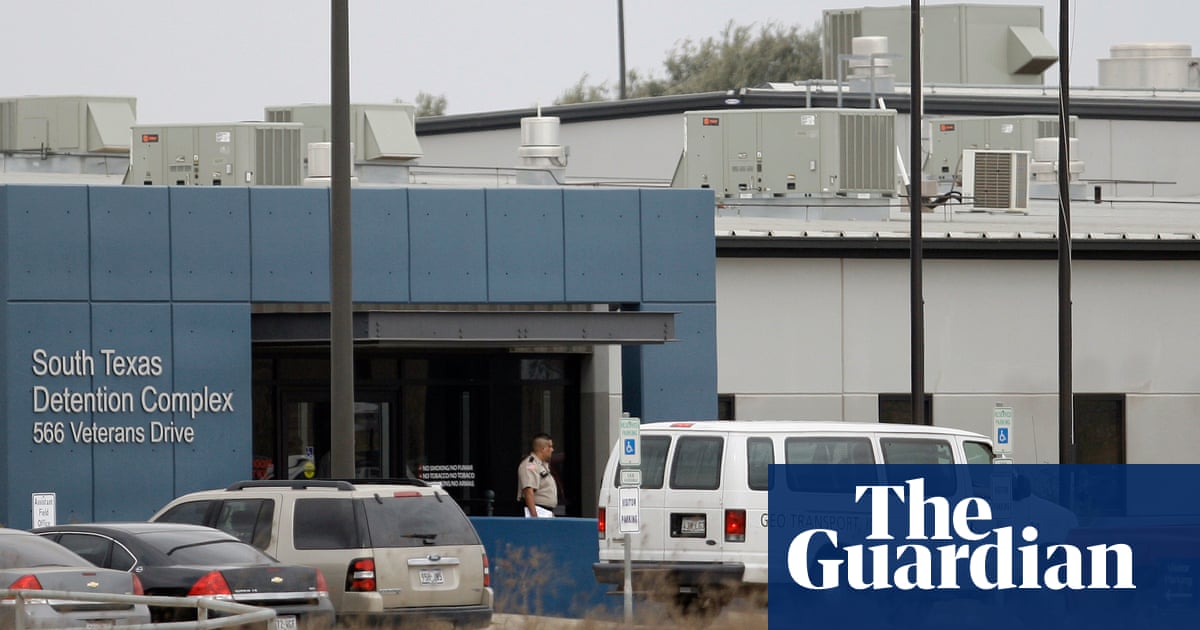Immigrants inTexaswho were toldthey would bedeported toLibyasat on a military airfield tarmac for hours on Wednesday, unsure of what would happen next, an attorney for one of the men has said.
The attorney, Tin Thanh Nguyen, told the news agency Reuters that his client, a Vietnamese construction worker from Los Angeles, was among the immigrants woken in the early morning hours and bussed from animmigrationdetention center in Pearsall, Texas, to an airfield where a military aircraft awaited them.
After several hours, they were bussed back to the detention center around noon, the attorney said on Thursday.
The Department of Homeland Security, the Pentagon and the state department did not respond to requests for comment.
Reuters was first to report that theTrump administrationwas poised to deport immigrants held in the US to Libya, despite a court order against such a move, in a development that would escalateDonald Trump’s immigration crackdown.
Officials earlier this week told Reuters the US military could fly the immigrants to the north African country as soon as Wednesday, but stressed that plans could change.
A US official said the flight never departed. As of Friday, it was unclear if the administration was still planning to proceed with the deportations.
A federal judge in Boston ruled on Wednesday that any effort by theTrump administrationto deport non-Libyan immigrants to Libya without adequate screenings for possible persecution or torture would clearly violate a prior court order.
Lawyers for a group of immigrants pursuing a class action lawsuit had made an emergency request to the court hours after the news broke of the potential flight toLibya.
Nguyen, who declined to name his client, said the man was told on Monday to sign a document agreeing to be deported to Libya. The man, who can not read English well, declined to sign it and was placed in solitary confinement and shackled along with others, the attorney said.
The man was never provided an opportunity to express a fear of being deported to Libya as required under federal immigration law and the recent judicial order, Nguyen said.
“They said: ‘We’re deporting you to Libya,’ even though he hadn’t signed the form, he didn’t know what the form was,” Nguyen said.
Nguyen said his client, originally from Vietnam, has lived in the US since the 1990s but was detained by US Immigration and Customs Enforcement (Ice) earlier this year during aregular check-in, which is becomingmore common.
Vietnam declines to accept some deportees and processes deportation paperwork slowly, Nguyen said, making it harder for the US to send deportees there.
There havebeen talksbetween the US and the east African nation ofRwandaabout also deporting people there.
